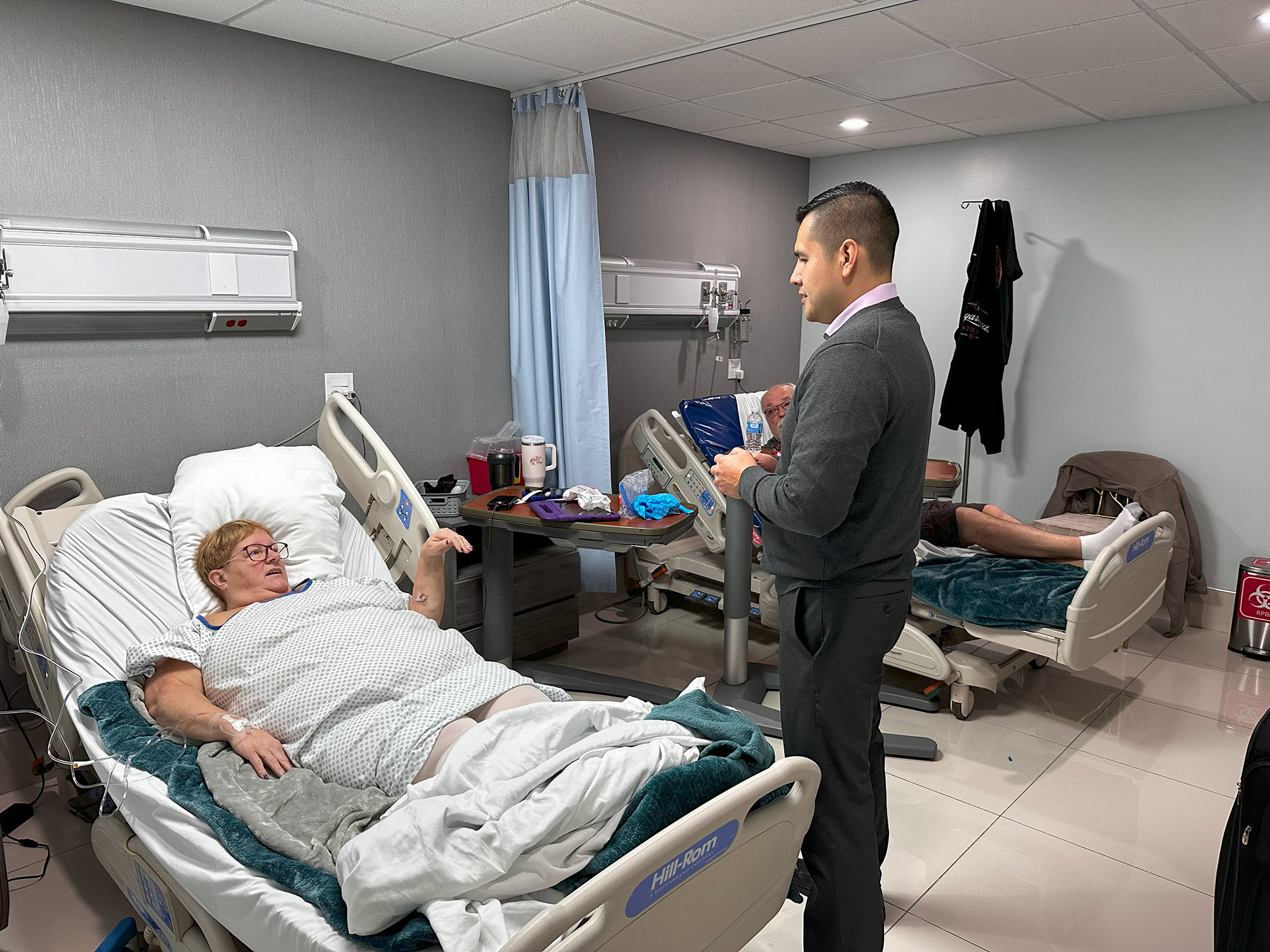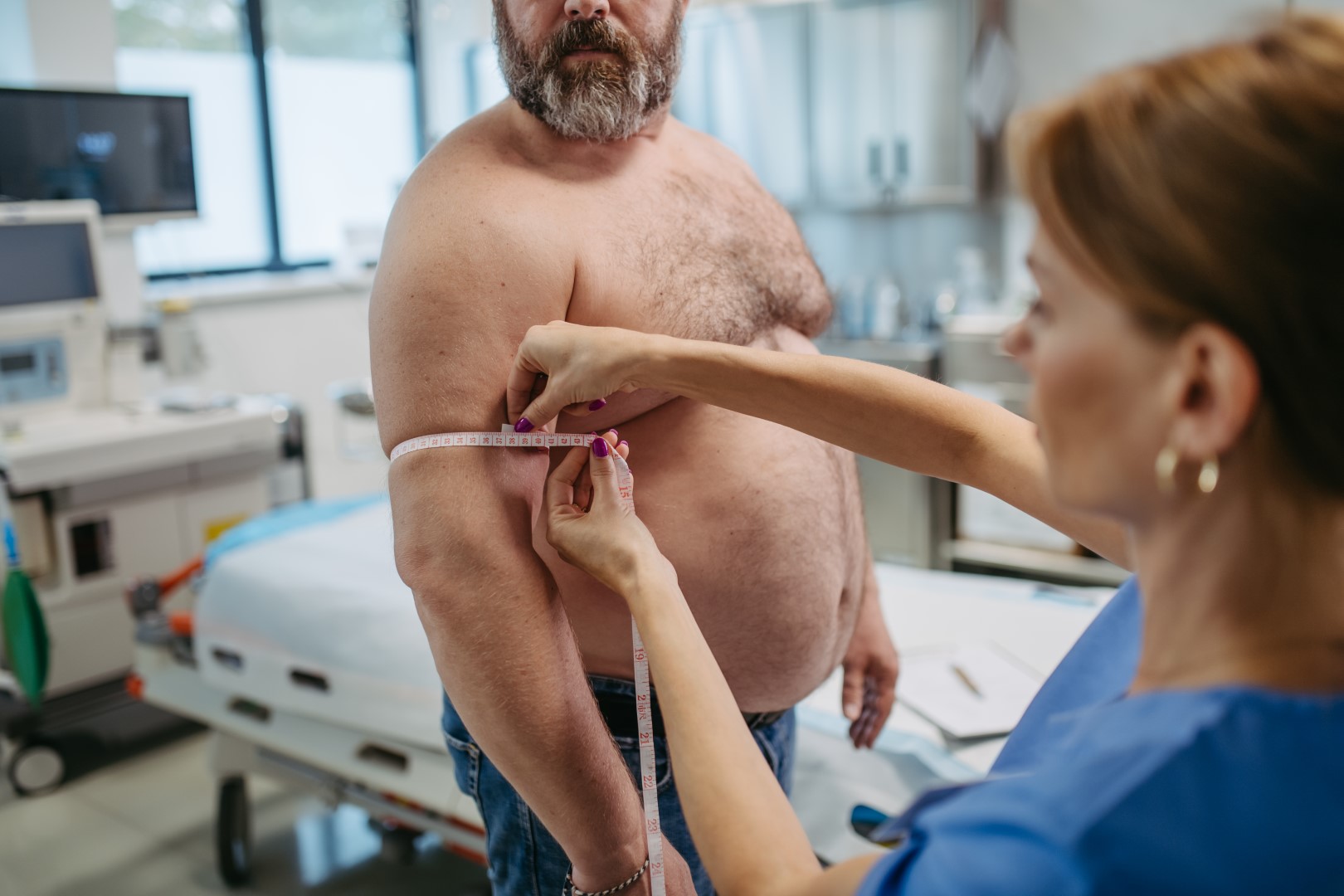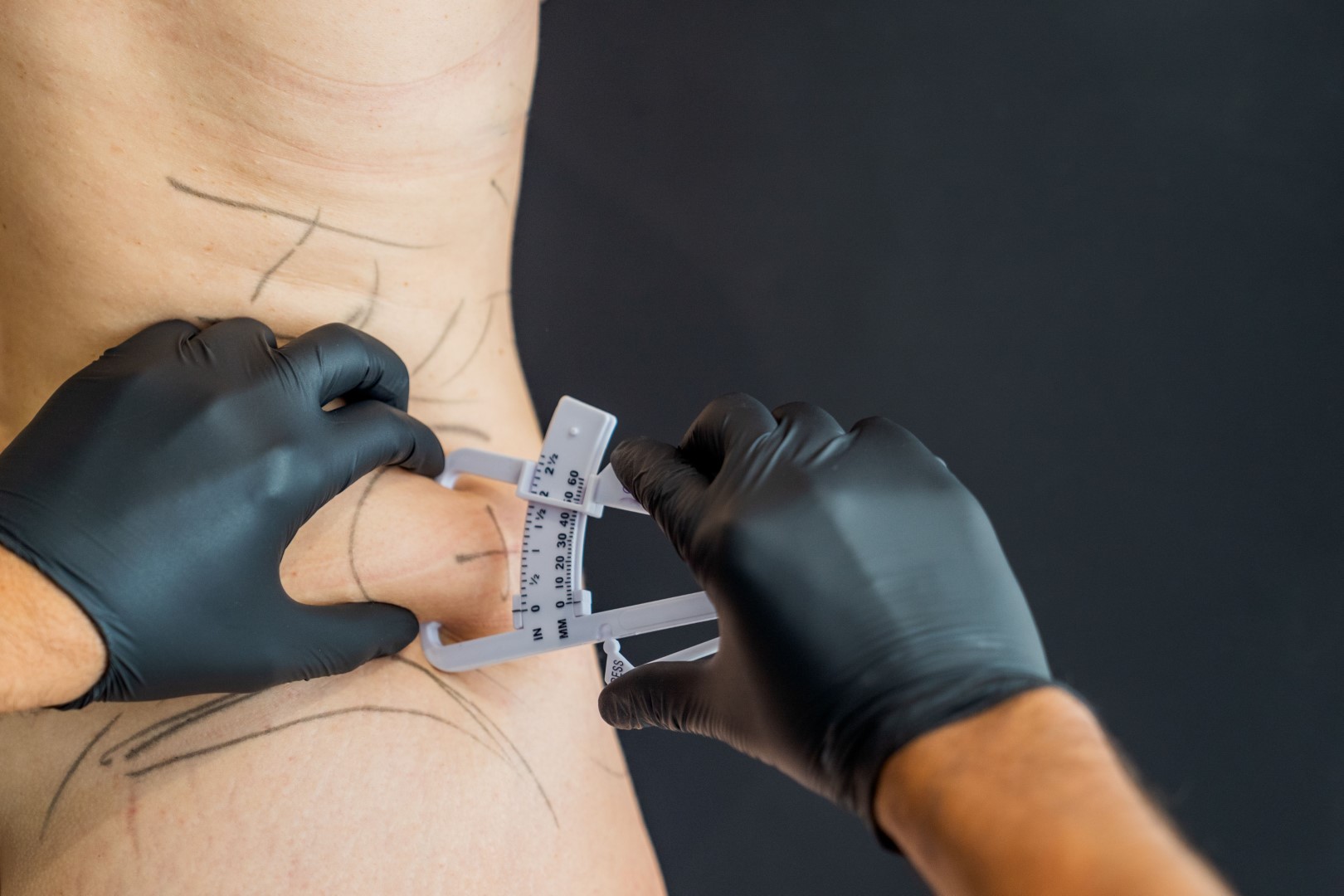In the complex journey to the bariatric surgeryBeyond medical procedures, there is an essential component that is often underestimated: emotional support y integral accompaniment. The key to success in bariatric surgery lies not only in the skill of the surgeon, as the renowned Dr. Luis Canobut also in the emotional support that surrounds the patient before, during and after the procedure.
Bariatric surgeryWeight loss surgery, also known as weight loss surgery, is a crucial option for those struggling with severe obesity and associated health conditions. In places like Tijuana, where bariatric surgery is prominently performed, the Dr. Luis Cano and his team stand out for their commitment to excellence and the integral wellbeing of patients.
The decision to undergo a bariatric surgery is not easy. It involves a radical change in lifestyle, along with profound medical and psychological considerations. It is a significant step towards a healthier and fuller life. In this context, emotional support plays a crucial role. From the time surgery is being considered until long after it is completed, emotional and psychological support is critical to long-term success.
In this blog post, we will explore how holistic emotional support and accompaniment, along with the experience ofl Dr. Luis Cano at bariatric surgery in Tijuanaare fundamental pillars for the success of this transformative procedure. From decision making to post-surgical adaptation, we will discover how this holistic approach makes a difference in patients' lives.
The Journey to Bariatric Surgery: Beyond the Procedure
The decision to change:
The decision to undergo a bariatric surgery is a pivotal point in the lives of those struggling with severe obesity and associated health conditions. It is not a choice to be taken lightly, but rather, a significant step toward a healthier and fuller life. For many, this decision comes after years of failed attempts at dieting and exercise, and after facing the negative impacts of obesity on their health and quality of life.
The process of arriving at this decision can be emotionally challenging. Patients often face feelings of shame, guilt and frustration at not being able to control their weight and health. However, recognizing the need for change and accepting professional help is the first step toward a transformative journey.
Comprehensive preparation for success:
Once the decision has been made to undergo the bariatric surgeryIn order to ensure the success of the procedure and postoperative recovery, comprehensive preparation is crucial. This goes beyond medical consultations and preoperative examinations. It includes a thorough evaluation of the patient's physical and emotional health, as well as the creation of a personalized plan that addresses all of the patient's needs and concerns.
Preparation begins with a thorough medical evaluation to determine the patient's suitability for the surgery and to identify any medical conditions that may affect the procedure. In addition, additional tests, such as laboratory tests and cardiological evaluations, may be required to ensure the patient's safety during surgery.
In addition to the medical evaluation, it is critical to provide psychological support and patient education. This may include individual or group therapy sessions to address the emotional factors that contribute to obesity, as well as nutritional education and counseling on lifestyle changes that will be necessary before and after the surgery.
Social support also plays an important role in patient preparation. Having the support of friends, family and support groups can help the patient cope with emotional challenges and stay motivated throughout the process.
In short, comprehensive preparation for the bariatric surgery is not only about the medical aspects of the procedure, but also about addressing the emotional, psychological and social needs of the patient. This holistic approach is critical to ensure the long-term success and well-being of the patient after surgery.
The Role of Psychological Support in Bariatric Surgery
The process of bariatric surgery not only involves significant physical changes, but also a profound emotional impact on patients. Therefore, psychological support plays a crucial role in all stages of the process, from preparation to postoperative recovery.
Understanding the emotional impact:
Obesity affects not only the physical body, but also the mental and emotional health of individuals. Many patients who seek the bariatric surgery have struggled for years with feelings of low self-esteem, depression, anxiety and stress related to their weight and body image. The idea of undergoing weight loss surgery can generate a complex mix of emotions, including hope, fear, anticipation and worry.
It is important for patients and their medical teams to understand and address these emotional challenges. Patients can benefit greatly from the opportunity to discuss their concerns and fears with mental health professionals, such as psychologists or counselors, before and after surgery. These conversations can help patients process their emotions, set realistic expectations and develop effective coping strategies.
Coping strategies and emotional support:
Once you understand the emotional impact of the bariatric surgeryIn addition, it is critical to implement coping strategies and provide strong emotional support to patients. This may include:
- Individual or group therapy: Therapy sessions can help patients explore and address the underlying factors contributing to their obesity and develop skills to manage stress, anxiety and depression.
- Education and counseling: Providing detailed information about the process of bariatric surgeryas well as nutritional education and counseling on lifestyle changes, can help patients feel more prepared and empowered to face the challenges ahead.
- Social support: The support of friends, family and support groups can be invaluable to patients during their weight loss journey. Feeling part of a community of people who share similar experiences can provide comfort, motivation and a sense of belonging.
In conclusion, psychological support plays a critical role in the long-term success of the bariatric surgery. By understanding the emotional impact of the process and providing effective coping strategies and strong emotional support, patients can face challenges with greater resilience and improve their health outcomes and emotional well-being.
Post-Surgical Support: The Continuous Road to Wellness
After undergoing the bariatric surgerythe journey to wellness is not over. In fact, the post-surgical period is critical and requires continuous support to ensure successful long-term results and an optimal quality of life for patients.
Nutritional and physical follow-up:
One of the most important aspects of the post-surgical follow-up is the nutritional and physical follow-up. After the bariatric surgeryAs a result, patients experience significant changes in their ability to digest food and absorb nutrients, making it crucial to adapt their diet and lifestyle to meet their changing nutritional needs.
Patients often work with dietitians who specialize in bariatric surgery to develop personalized meal plans to help them achieve and maintain a healthy weight, while ensuring adequate intake of essential nutrients. These plans can include specific guidelines on what foods and beverages to consume, as well as the importance of taking vitamin supplements to prevent nutritional deficiencies.
In addition to nutrition, physical monitoring is also critical. Patients often work with physical health professionals, such as physical therapists or personal trainers, to develop exercise programs tailored to their needs and abilities. Regular exercise not only helps patients lose weight safely and effectively, but also contributes to improved cardiovascular health, increased muscle strength and improved mental and emotional health.
The importance of community and group support:
In addition to nutritional and physical follow-up, emotional and social support continues to be critical in the post-surgical period. Being part of a community of people who have gone through similar experiences can provide comfort, motivation and a sense of belonging to patients.
Post-surgical support groups are an invaluable part of the recovery process. These groups offer a safe space where patients can share their experiences, challenges and triumphs, and receive support and guidance from people who truly understand what they are going through. Connecting with other patients can help reduce feelings of isolation and provide a support network in times of need.
In summary, post-surgical follow-up is essential for the long-term success of the bariatric surgery. Through proper nutritional and physical follow-up, as well as emotional and social support provided by community and support groups, patients can continue their journey to wellness with confidence and determination.
To conclude
In the complex and transformative journey towards bariatric surgeryIt is clear that emotional support and comprehensive accompaniment are fundamental pillars for the success of the procedure and the long-term wellbeing of patients. From decision making to postoperative recovery, each stage of the process requires a holistic approach that addresses the physical, emotional and social needs of individuals.
The role of psychological support, both before and after surgery, is crucial in helping patients cope with the emotional and psychological challenges associated with obesity and weight loss. Through individual or group therapy, education and counseling, patients can develop effective coping strategies and strengthen their emotional resilience to overcome obstacles that may arise along the way.
In addition, ongoing nutritional and physical monitoring, along with community support and support groups, play a vital role in promoting healthy lifestyle habits and preventing potential complications. By working collaboratively with healthcare professionals, nutritionists, physical therapists and other patients, individuals can stay motivated, engaged and focused on achieving their long-term health and wellness goals.
Ultimately, the bariatric surgery is not just a medical procedure, but a transformative journey that requires a comprehensive, multidisciplinary approach. With the right support and an ongoing commitment to self-care, patients can achieve a better quality of life and a healthier, happier future.






